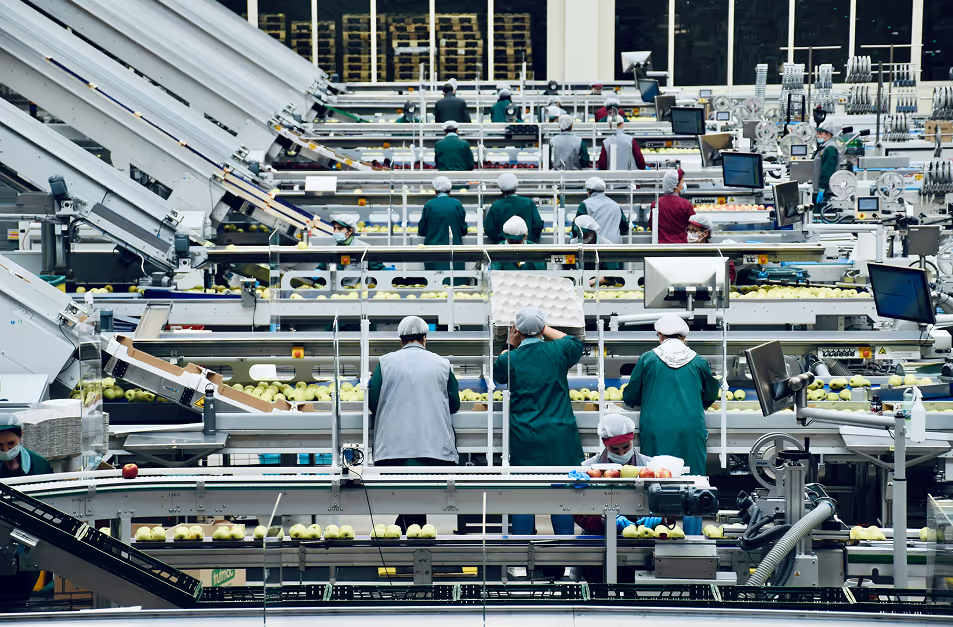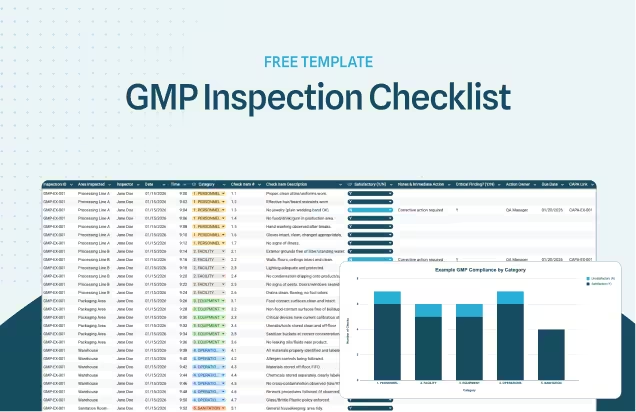

Food Safety Weekly Roundup 4

FDA Issues Warning Letter to Quaker Oats over Salmonella
The FDA has issued a warning letter to PepsiCo Inc. regarding its now-closed Quaker Oats facility in Danville, IL, after discovering a history of positive Salmonella tests dating back to 2020. The inspection, conducted from December 19, 2023, to February 2, 2024, revealed serious violations of food safety regulations. The facility, which manufactured ready-to-eat granola bars and cereals, showed the presence of Salmonella Cubana, leading to the recall of numerous products in late 2023 and early 2024. Despite PepsiCo's responses and intentions to correct the issues, the FDA determined that the company's efforts were insufficient to prevent future contamination. The FDA’s warning emphasized the need for PepsiCo to evaluate and implement similar corrective actions in its other facilities to ensure food safety and prevent the recurrence of such contamination.
For more information on the case visit Food Safety News and to see the full warning letter visit here.
Chinese Tankers Cross Contaminate Fuel and Cooking Oil
A scandal involving China’s largest grain storage and transport company, Sinograin, and Hopefull Grain and Oil Group has sparked public outrage over allegations that they used the same tankers for both fuel and cooking oil without cleaning in between. This malpractice, revealed by state-linked Beijing News, raises serious food contamination concerns, resulting in the Chinese government initiating an investigation and pledging severe punishment for those responsible. This incident underscores the importance of maintaining rigorous safety standards and regulations to ensure public health and safety.
Read more about the contamination scandal here.
Navigating Manufacturing Costs for the Second Half of 2024
Manufacturers are facing significant challenges as they navigate the second half of 2024. Despite earlier forecasts of economic recovery, the anticipated turnaround in the manufacturing market has not materialized, leaving many manufacturers grappling with increased material, labor, and energy costs. With political and economic uncertainties remaining, supply chain disruptions are expected to continue, tightening manufacturing budgets, delaying major investments, and shifting a focus to cost management. Industry experts suggest investing in automation, prioritizing supply continuity, and maintaining robust cost models. Amidst these challenges, it is crucial for food manufacturers to avoid cutting corners and continue prioritizing safety to ensure a secure and reliable food supply chain.
Read more about manufacturing uncertainties and hidden costs in this issue of Manufacturing Dive.
.avif)





.avif)


.avif)
.avif)

